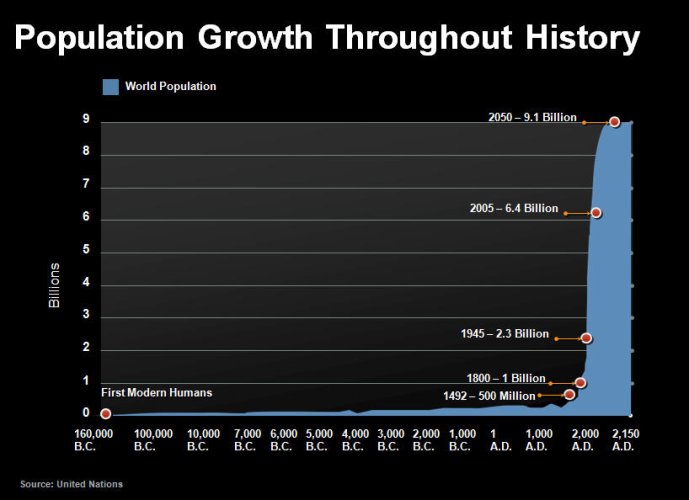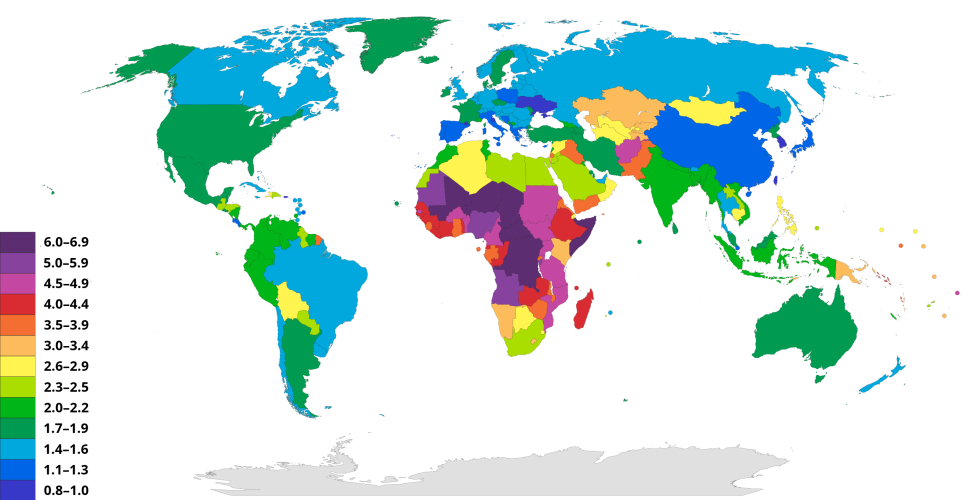Wildabeest
Well-known member
An interesting fiction book on the subject of population control…
This graphic from the book would even impress @wllm…

Inferno by Brown, Dan (2014) Paperback: Amazon.com: Books
Inferno by Brown, Dan (2014) Paperback on Amazon.com. *FREE* shipping on qualifying offers. Inferno by Brown, Dan (2014) Paperback
www.amazon.com
This graphic from the book would even impress @wllm…






